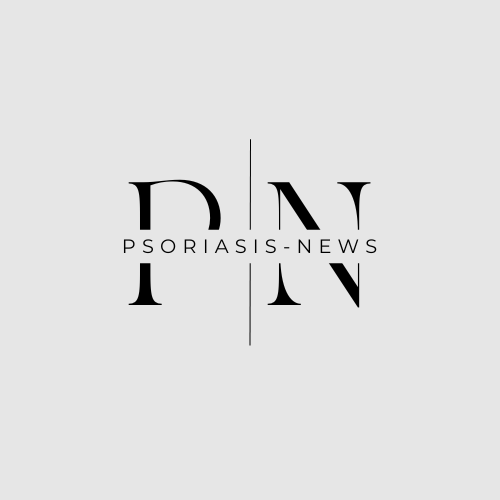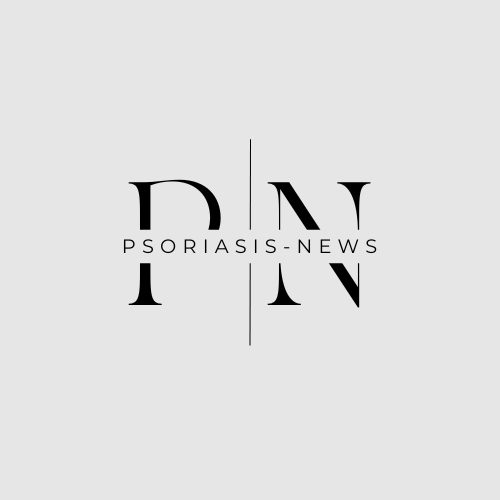Hautarzt. 2021 Jul;72(7):570-577. doi: 10.1007/s00105-021-04832-2. Epub 2021 Jun 16.
ABSTRACT
BACKGROUND: The skin is an organ frequently affected by chronic diseases. Inflammatory, immune-mediated dermatoses such as atopic dermatitis and psoriasis show a high prevalence as well as a significant impact on the quality of life of those affected. In a large proportion of cases, atopic dermatitis is associated with a marked change in microbial colonization of both clinically healthy and affected skin. In psoriasis, changes to this effect have been described, but clinical relevance remains elusive.
AIM: In recent years, increasing knowledge has been gained in microbiome research with resulting clinical relevance. The present article deals with the disturbed balance of the immune system and the skin microbiome in chronic inflammatory dermatoses on the basis of atopic dermatitis and psoriasis vulgaris.
MATERIALS AND METHODS: A literature search was performed in PubMed and Medline databases (entries until 09 April 2021).
RESULTS: Staphylococcus aureus is known to play a central pathophysiological role in atopic dermatitis. This is revisited in light of new insights regarding biodiversity and immunoregulatory processes. In psoriasis, a more heterogeneous body of data emerges regarding the microbiome and its contribution to disease development.
DISCUSSION: While topical applications to directly influence the microbiome are already being tested in atopic dermatitis, further knowledge regarding the pathophysiological significance of the microbiota is still needed in psoriasis.
PMID:34136940 | DOI:10.1007/s00105-021-04832-2

